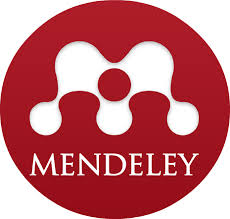Bahasa dan budaya dalam pendidikan anak : Analisis perspektif teori sosiokultural Vygotsky
DOI:
https://doi.org/10.24903/jw.v10i2.2158Abstract
This theoretical study explores the interconnection between language and culture in early childhood education through the perspective of Vygotsky's sociocultural theory. Language is not just a means of communication, but also a cultural artifact that is shaped by and shapes social interactions. Drawing on concepts such as Proximal Development Zones (ZPDs), this study conducted a systematic literature review using PRISMA guidelines, analyzing empirical studies from the last ten years across leading databases. The findings of this study reveal that sociocultural theory provides a strong pedagogical framework for understanding how cultural dynamics affect language acquisition and cognitive development in diverse early childhood contexts. This study highlights the importance of integrating linguistic and cultural awareness into early childhood education to encourage inclusive and meaningful learning experiences.
Downloads
Published
How to Cite
Issue
Section
License
Copyright (c) 2025 Hanita Hanita

This work is licensed under a Creative Commons Attribution-ShareAlike 4.0 International License.
Authors retain copyright and grant the journal right of first publication with the work simultaneously licensed under a Creative Commons Attribution 4.0 International License that allows others to share the work with an acknowledgement of the work's authorship and initial publication in this journal.









